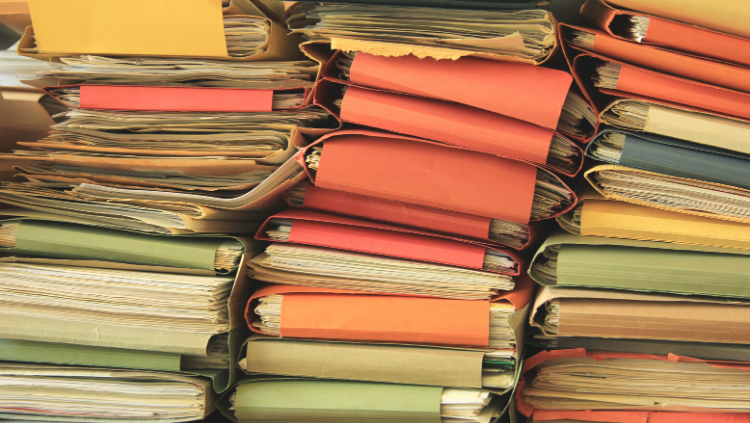Of the many questions you’ll have when you first start to consider going self-employed, one unlikely to top your list is, “do I need to complete a Self Assessment Tax Return?” It’s probably one of the most important ones, though.
Amongst all of the legal documentation that your business needs to operate successfully and within the law, a self assessment is one of the most important. This significant tax document is one that you’ll be dealing with when you’re self-employed, and if you’re not careful, it could be the one that causes you the most headaches. So let’s take a look at exactly what it is, whether you’ll need to file one, and why it’s important to stay on top of it.
What is a Self Assessment Tax Return?
Simply put, a Self Assessment Tax Return (or Form SA100) is HMRC’s way of finding out how much Income Tax and National Insurance you need to pay on any income which isn’t taxed at source.
Starting from April 2024, Making Tax Digital for Income Tax Self Assessment (MTD ITSA) will be implemented, requiring digital reporting for sole traders and landlords with income exceeding £10,000.
Do I have to file a Self Assessment?
As a general rule, anyone who receives income that isn’t taxed at source needs to complete a Self Assessment. Note that the income threshold for needing to submit a Self-Assessment form has increased from £100,000 to £150,000 from the 2023-2024 tax year.
In the case of a sole trader, the income you receive from your trade doesn’t have National Insurance Contributions or Income Tax deducted from it, so you need to tell HMRC about that income on a Self Assessment Tax Return form so they can calculate what, if any, tax you owe.
New guidelines introduced require self-employed individuals and partnerships, especially those whose accounting year-end dates differ from the tax year, to apportion profits from two sets of accounts to estimate annual profits.
If you’re a limited company director, you’ll usually need to file a Self Assessment to let HMRC know about any dividend income you’ve received from your company.
Other examples of income not taxed at source can include rental income from any property you own, income from abroad, or investment (dividend) income.
The complete list of who needs to complete a Self Assessment is available on the Gov.uk website – the website also has an online tool that will tell you if you need to file a return.




